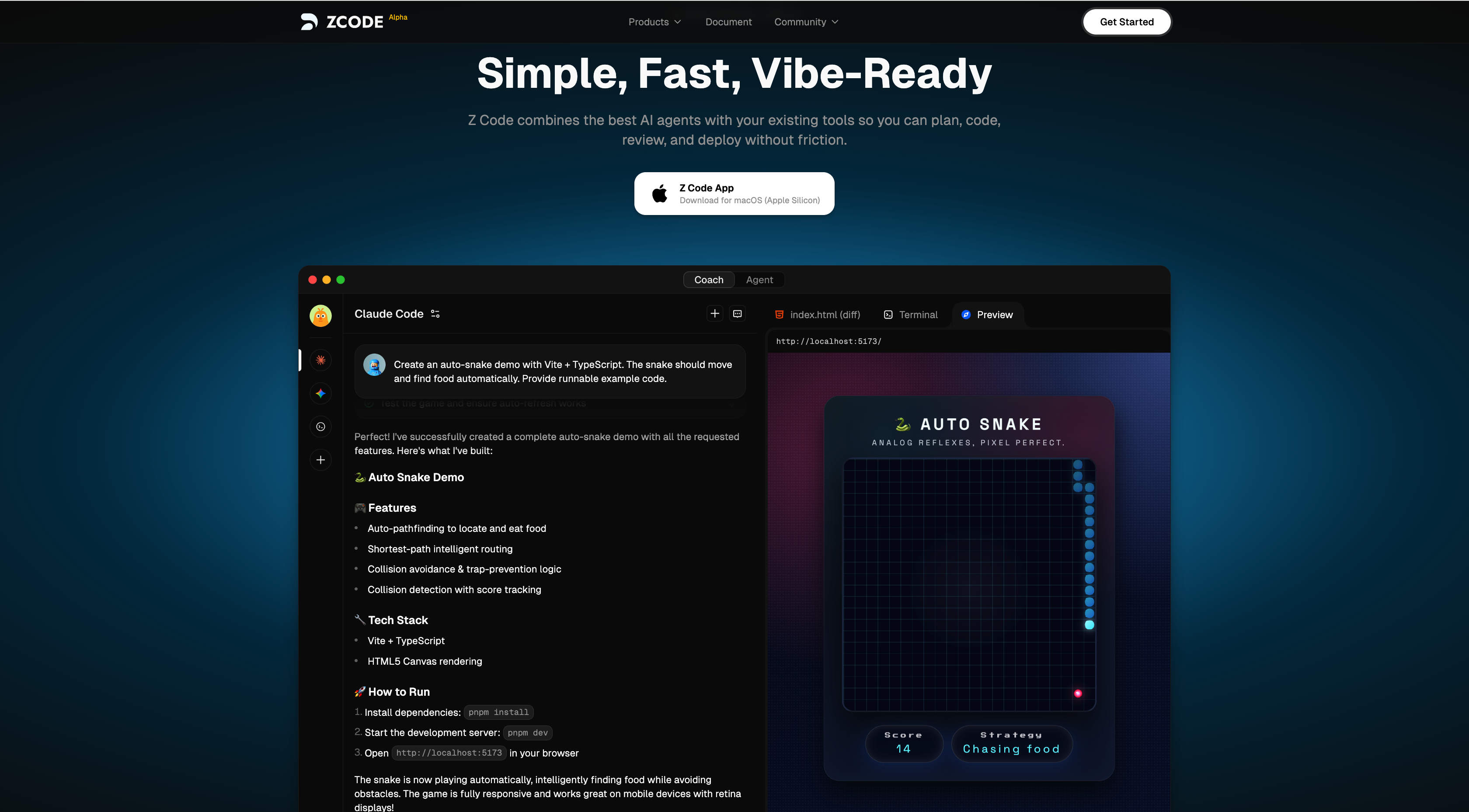In the nearly century-long "cat-and-mouse game" between bacteria and antibiotics, it's unfortunate that in recent years, bacteria seem to be gaining the upper hand. According to a report by the World Health Organization, in 2019, antibiotic resistance led to the deaths of 1.27 million people globally, posing a significant risk to public health.

Image source note: The image was generated by AI, provided by the image licensing service Midjourney
Facing the increasingly severe issue of antibiotic resistance, the pace of drug development has been slow, and existing candidate drugs often cause harm to human cells, leading to serious side effects. Is it possible to maintain antibacterial capabilities while reducing these side effects? This month, researchers used artificial intelligence technology to redesign a toxic antibiotic, screening thousands of variants, and found a new drug that can kill bacteria without harming human cells.
The AI used in this study is a large language model, similar to chatbots from companies like Google and OpenAI. This algorithm analyzed 5.7 million antibiotic variants and ultimately discovered a new drug with reduced toxicity but still effective. Experiments show that this new variant can quickly destroy the bacteria's "protective membrane" without harming host cells. Compared to the original antibiotic, the new drug significantly reduced toxicity to human kidney cells and effectively eradicated deadly bacteria in mouse infection experiments.
The research team, led by Dr. Brian Davis from the University of Texas, used a system called SLAY to screen tens of thousands of antibiotic peptides. Eventually, AI helped them find a new selective antibiotic, Protegrin-1.2. This new drug demonstrated significant safety in experiments and was harmless to human red blood cells.
Although this study focused primarily on antibiotics, the team also plans to use similar methods to reshape other drugs to address more potential medical challenges. With continuous technological advancements, the application prospects of AI in drug development are vast.
Key Points:
🌟 In 2019, antibiotic resistance led to the deaths of 1.27 million people globally, becoming a significant public health risk.
🔍 Researchers used AI to redesign antibiotics, successfully screening a new variant, Protegrin-1.2, with reduced toxicity.
💡 The new drug showed stronger antibacterial capabilities with fewer side effects in mouse experiments, and can be applied to the development of other drugs in the future.










